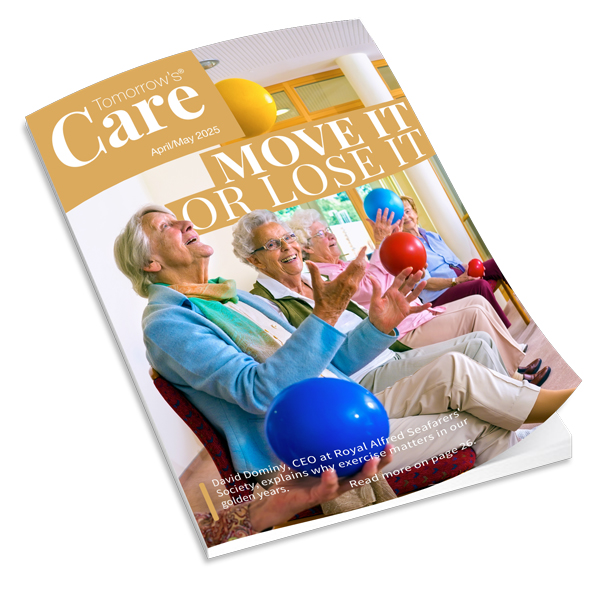Women are under-represented on NHS boards, says NHS Confederation

Published on 05/04/2017
The NHS Confederation report, Women on NHS Boards: 50:50 by 2020, is the first in-depth look at data relating to female representation on NHS boards.
It shows there are still gaps to be filled if the NHS is to reach its target of gender parity on boards in less than three years’ time.
The report reveals that of 245 NHS trusts and arms-length bodies (ALBs), the percentage of female chief executives is 42.6%.
In other key roles within these organisations, women are still underrepresented with 26.3% of finance directors, and 24.6% of medical directors are women.
Meanwhile, chief nurses, chief operating officers and human resources directors are mainly female at 85.4%, 53.3% and 63% respectively.
Across a total of 452 organisations, including ALBs, NHS trusts, and clinical commissioning groups (CCGs), representation of women on boards varied widely from 8.3% to 80%, with an average of 41%, the report found.
Written by Professor Ruth Sealy, of the University of Exeter Business School, and published in conjunction with NHS Employers and NHS Improvement, the study shows that although progress has been made towards the 2020 target of gender-balanced boards more must be done to ensure this goal is met.
Professor Sealy, who has been the lead researcher of the annual Female FTSE Report since 2007, said: “There are lots of women working in the NHS – in fact, they make up 77 per cent of the workforce within the health service. Women have been in the NHS long enough to occupy the top roles, and I am encouraged by the progress in this area. It is certainly not a problem of supply. But the fact that women are still underrepresented in key decision-making jobs, such as medical and finance directors, shows there is still work to be done.
“The will is there to make sure women are really playing an equal role running the NHS. But now may be the time for people to start getting impatient if they are to meet the target of gender-balanced boards by the 2020 deadline.”
In his foreword to the report, Ed Smith, chairman of NHS Improvement, and a diversity champion for senior women in the NHS, said: “We make no apology for adopting the approach which Lord Davies took in his work on the FTSE 100 which is now being led by Sir Philip Hampton and Dame Helen Alexander. No apology – because his approach has led to substantial progress.
“Our approach and recommendations can do so as well if they are embraced by the leaders of systems and of individual organisations across the NHS.”
Danny Mortimer, chief executive, NHS Employers, said: “Big strides have been made in this area, but the report highlights there is much work to be done. At a time when the NHS is experiencing a myriad of challenges, it is vital we make full use of the wealth of talent at our disposal, not just some of it.
“Research has shown time and time again that diversity improves the quality of decision making, improves outcomes and ultimately improves the wellbeing of staff.
“If staff feel motivated and productive then this has to be good news for patients. The number of female directors of nursing more accurately reflects the gender composition of the workforce and we must replicate this across the whole system.”
Quoted in the report, Clare Marx CBE DL PRCS, President, Royal College of Surgeons, said: “The progress to date is excellent but as yet the aspiration of 50 per cent women on NHS boards by 2020 will not be achieved unless there continues to be transparency, focus and effort, nurture and encouragement in the NHS. I fully support the recommendations of the report.”
Related News
Categories
- CQC ratings
- Care home news
- Care jobs
- Care planning
- Care sector awards
- Care sector events
- Care sector news
- Care staff
- Charity
- Cleaning & Hygiene
- Construction
- Dementia
- Disability
- Entertainment
- Finance
- Fitness
- Food & Drink
- Fundraising
- Furniture
- Health & Safety
- Healthcare
- Hospice & Palliative Care
- Hospitals
- Industry Comment
- Interiors
- Laundry
- Legal
- Leisure
- Medication
- Mental Health
- Mobility
- New appointments
- PPE
- Products
- Property
- Recruitment
- Relationships
- Research
- Safeguarding
- Security
- Services
- Social care
- Sustainability
- Technology
- Training
- Transport
- Uniforms
- Waste
- Wearables

























